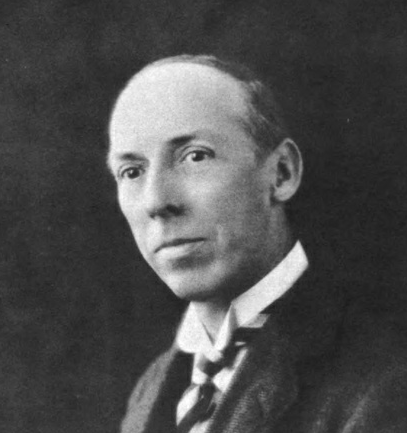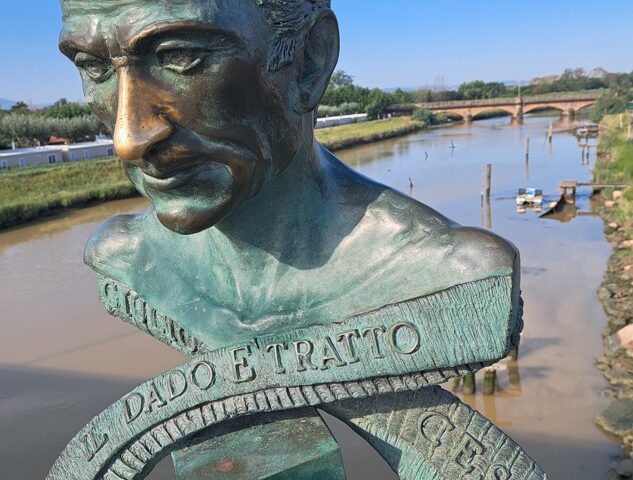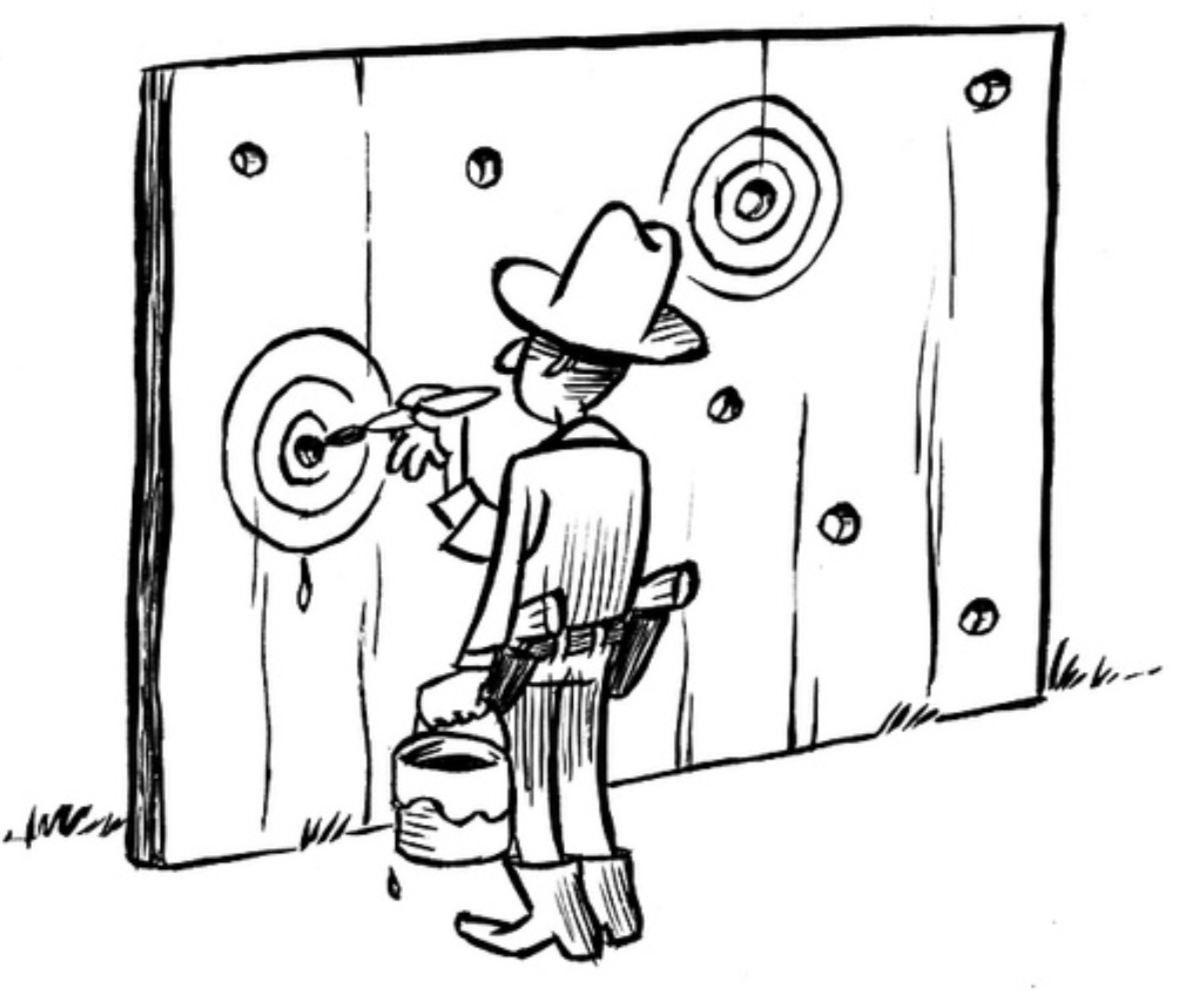As mentioned in an earlier post, the epigraphs in Harold Jeffreys’s 1935 geophysics book “Earthquakes and mountains” prompted me to read “The Wallet of Kai Lung”, a collection of short stories by Ernest Bramah Smith (1868-1942). In one of the stories, “The confession of Kai Lung”, the traveling Chinese story-teller Kai Lung relates the following autobiographical tale, “an unapproachable example of conciseness”:
“This determination [to pursue a literary career — EJ] was favourably received, and upon learning it, this person’s dignified father took him aside, and with many assurances of regard presented to him a written sentence, which, he said, would be of incomparable value to one engaged in a literary career, and should in fact, without any particular qualifications, insure an honourable competency. He himself, he added, with what at the time appeared to this one as an unnecessary regard for detail, having taken a very high degree, and being in consequence appointed to a distinguished and remunerative position under the Board of Fines and Tortures, had never made any use of it.
The written sentence, indeed, was all that it had been pronounced. It had been composed by a remote ancestor, who had spent his entire life in crystallizing all his knowledge and experience into a few written lines, which as a result became correspondingly precious. It defined in a very original and profound manner several undisputable principles, and was so engagingly subtle in its manner of expression that the most superficial person was irresistibly thrown into a deep inward contemplation upon reading it. When it was complete, the person who had contrived this ingenious masterpiece, discovering by means of omens that he still had ten years to live, devoted each remaining year to the task of reducing the sentence by one word without in any way altering its meaning [italics mine]. This unapproachable example of conciseness found such favour in the eyes of those who issue printed leaves that as fast as this person could inscribe stories containing it they were eagerly purchased; and had it not been for a very incapable want of foresight on this narrow-minded individual’s part, doubtless it would still be affording him an agreeable and permanent means of living.”
What I enjoy about this fragment is that it sings the praises of conciseness in a way that is grotesquely redundant. The style itself –steadfastly maintained throughout the entire book– violates almost everything that Strunk and White advised in relation to their mantra “omit needless words”. And yet, the story about the ancestor who devoted his remaining life to polishing a single sentence, cutting one word every year — it did resonate with me. Some stories are persistent; they seem to have little mental hooks that prevent them from being forgotten, the literary equivalent of a song that you can’t get out of your head. Since this grotesquely redundant tale of conciseness hit a nerve with me I thought other people might enjoy it as well.
References
Jeffreys, H. (1935). Earthquakes and mountains. London: Methuen & Co.
Bramah Smith, E. (1900). The wallet of Kai Lung.
Strunk Jr., W., & White, E. B. (2000). The elements of style (4th ed.). New York: Pearson Longman.
About The Author

Eric-Jan Wagenmakers
Eric-Jan (EJ) Wagenmakers is professor at the Psychological Methods Group at the University of Amsterdam.



